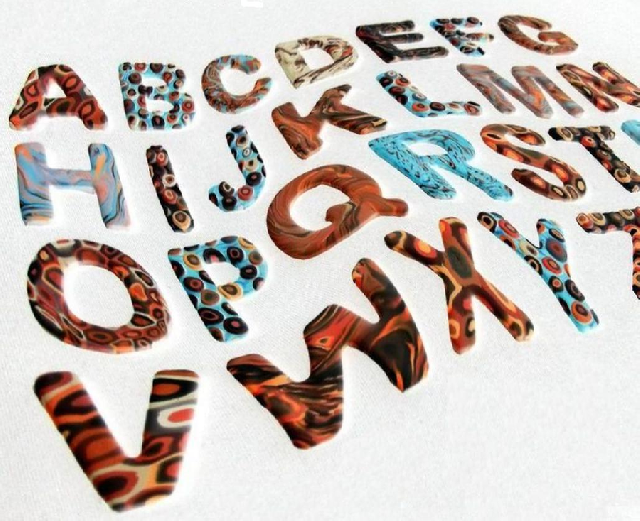Being able to ask accessible, open-ended questions in Romanian might give you the chance to strike up a conversation and make friends, if your stay in Bucharest turns out to be longer than planned, so today we offer you a string of questions that might be helpful in various day-to-day situations.
As usual, we begin with a useful set of words and phrases:
A fi casatorit=to get married
Milionar=millionaire
Copil=child
Copii=children
Trei=three
Insula=island
Insula pustie=desert island
A vorbi=speak
Perfect=perfectly
It’s now time to use some of the words in relevant types of questions.
Ce ati face daca ati fi casatorit?
What would you do if you were married?
Ce ati face daca ati fi milionar?
What would you do if you were a millionaire?
Ce ati face daca ati avea trei copii?
What would you do if you had three children?
Ce ati face daca ati ajunge pe o insula pustie? What would you do if you arrived on a desert island? Ce ati face daca ati sti perfect romaneste?
What would you do if you could speak Romanian perfectly?
Thank you ALL for the interest you take in Romanian culture, and for being so keen on learning Romanian with us. Good Bye! La revedere!

